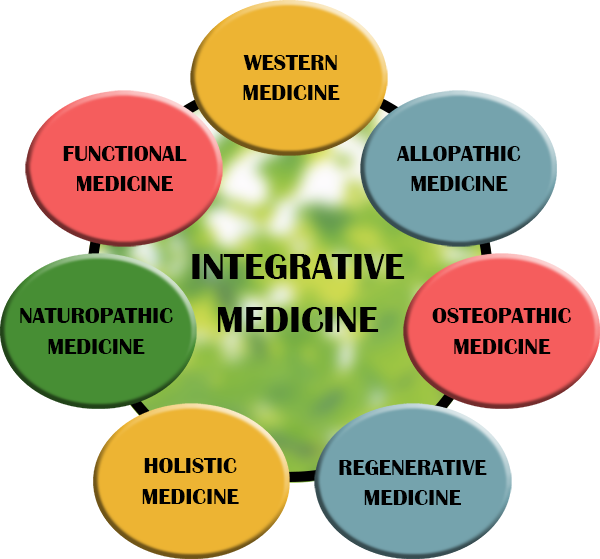Nutrition is the process through which our bodies obtain the necessary nutrients to function properly. A balanced diet that includes all the essential nutrients is crucial for maintaining good health and preventing diseases. By understanding the fundamentals of nutrition, we can make informed choices about our food intake and improve our overall well-being.
Macronutrients
Macronutrients are nutrients that are required in large amounts by the body. They include carbohydrates, proteins, and fats. Carbohydrates are the body's main source of energy, found in grains, fruits, and vegetables. Proteins are essential for building and repairing tissues and can be found in sources such as meat, fish, beans, and dairy products. Fats, though often demonized, are necessary for insulation, cushioning organs, and energy storage. Healthy sources of fats include avocados, nuts, and olive oil.
Micronutrients
Micronutrients, on the other hand, are required in smaller quantities but are equally important. They include vitamins and minerals. Vitamins are organic compounds that are essential for various body functions. They can be obtained from a balanced diet that includes a variety of fruits, vegetables, whole grains, and lean proteins. Minerals, such as calcium, iron, and potassium, are inorganic compounds that are vital for the proper functioning of our bodies. Sources of minerals include dairy products, leafy greens, and legumes.
Water
Water is often overlooked when discussing nutrition, but it is undoubtedly one of the most critical components. Our bodies are made up of approximately 60% water, and it is involved in almost every bodily function. It helps transport nutrients, regulate body temperature, and remove waste products. It is necessary to drink an adequate amount of water daily to prevent dehydration and promote overall health.
The Importance of a Balanced Diet
A balanced diet means consuming all the necessary nutrients in the right proportions. It is essential to ensure that our diet includes a variety of foods from different food groups, such as fruits, vegetables, whole grains, lean proteins, and healthy fats. A balanced diet provides us with the energy and nutrients we need to maintain good health, support growth and development, and prevent chronic diseases.
Benefits of Good Nutrition
Good nutrition offers numerous benefits to our bodies and overall well-being. Some of these benefits include: Increased energy levels Improved mood and mental health Enhanced immune function Reduced risk of chronic diseases, such as heart disease and diabetes Healthy weight management Better digestion
The Role of Nutrition in Disease Prevention
Poor nutrition can lead to various health problems and increase the risk of developing chronic diseases. A diet lacking in essential nutrients can weaken the immune system, making individuals more susceptible to infections. Additionally, an unhealthy diet high in saturated fats, added sugars, and sodium is associated with an increased risk of heart disease, obesity, and type 2 diabetes. By prioritizing good nutrition, we can significantly reduce the risk of these diseases and improve our overall quality of life.
Fueling Physical Activity
Adequate nutrition is crucial for supporting physical activity and exercise. Carbohydrates are the body's primary source of energy during physical exertion, and consuming enough carbohydrates before exercising can help enhance performance and prevent fatigue. Protein is also essential as it helps repair and build muscle tissues. Hydration is equally important as it aids in regulating body temperature and preventing dehydration during workouts.
Tips for a Healthy Diet
To maintain a healthy diet, consider the following tips: Eat a variety of fruits and vegetables Choose whole grains over refined grains Incorporate lean proteins such as poultry, fish, and legumes Limit intake of processed and sugary foods Stay hydrated by drinking water throughout the day Moderate intake of fats and opt for healthy sources
Conclusion
The fundamentals of nutrition involve understanding the importance of macronutrients, micronutrients, water, and a balanced diet. By prioritizing good nutrition, we can fuel our bodies with the necessary nutrients to maintain good health, prevent diseases, and support physical activity. Making small changes to our diet can have a significant impact on our overall well-being, so let us strive to make conscious and informed choices when it comes to our nutrition. Written by Your Name


